In 1996, Rinwood Pelita Plantation, a joint venture between Rinwood and Sarawak’s Land Custody and Development Authority, bulldozed everything on the community’s land. Outraged, the Kayan and Kenyah villagers sued the company in 1997. They won the court case earlier this year in March. But until today, the villagers have yet to receive the appropriate compensation for their lost land, destroyed crops and properties.
IOI Group inherited the court case in 2006 when they took over Rinwood Pelita Plantation. Renamed IOI Pelita Plantation, the company promised villagers in a November 2009 meeting that they would not appeal if the company lost the court case. This was revealed in the minutes of the meeting.
However, the company filed an appeal in April 2010 after the Miri High Court declared that the provisional land leases issued by the state to the company were “null and void”. Despite the High Court’s ruling, IOI Pelita Plantation continues to trespass on the community’s native customary lands. Already deprived of their right to livelihood, plantation activities are now threatening to pollute the villagers’ last water catchment area as well, The Nut Graph found on a trip into the village in August 2010.
Through the years, the community has tried to negotiate with the company, and sought help from their elected representatives and other government agencies but to no avail. Frustrated, the embattled community invited representatives from the Palm Oil Monitoring Initiative, the Sarawak Dayak Iban Association (Sadia), and the Sarawak Indigenous Lawyers Alliance to their village in August 2010. In investigating the villagers’ claims, these groups found evidence that IOI Pelita Plantation has violated the standards of the Roundtable on Sustainable Palm Oil (RSPO), of which IOI Group is a member.
The Nut Graph found, for example, that oil palms were planted near the river without any space for a buffer zone. Chemicals were also mixed and sprayed close to the river, risking the contamination of the villagers’ water source.
RSPO principles also require oil palm companies to maintain open communications with all stakeholders, including affected communities.
“As a founding member of RSPO, IOI’s behaviour on the ground is appalling,” says Palm Oil Monitoring Initiative project coordinator Shafinaz Suhaimi. She adds that nothing much has changed for the community since the court ruling in March, and that every moment of delay is costing the community.
By Gan Pei Ling | 27 September 2010
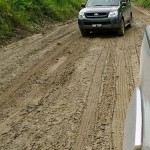
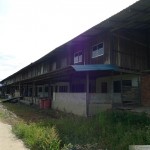
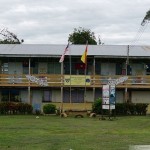
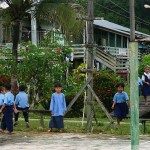
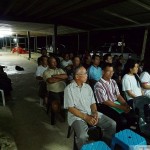
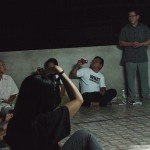
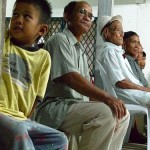
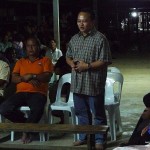
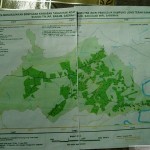
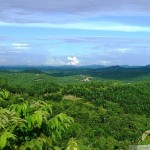
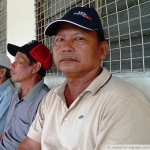
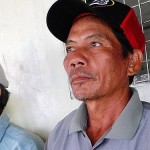
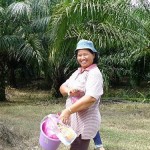
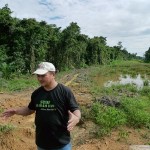
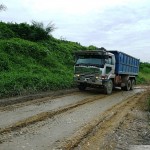
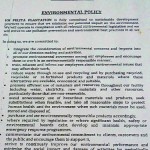
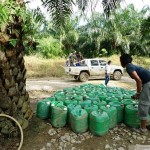
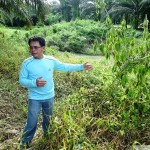
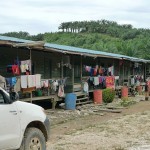
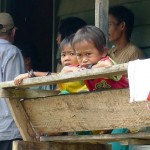
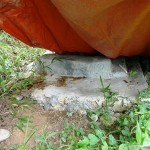
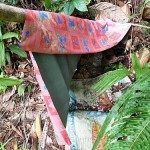
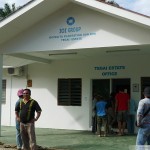

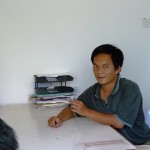

No comments:
Post a Comment